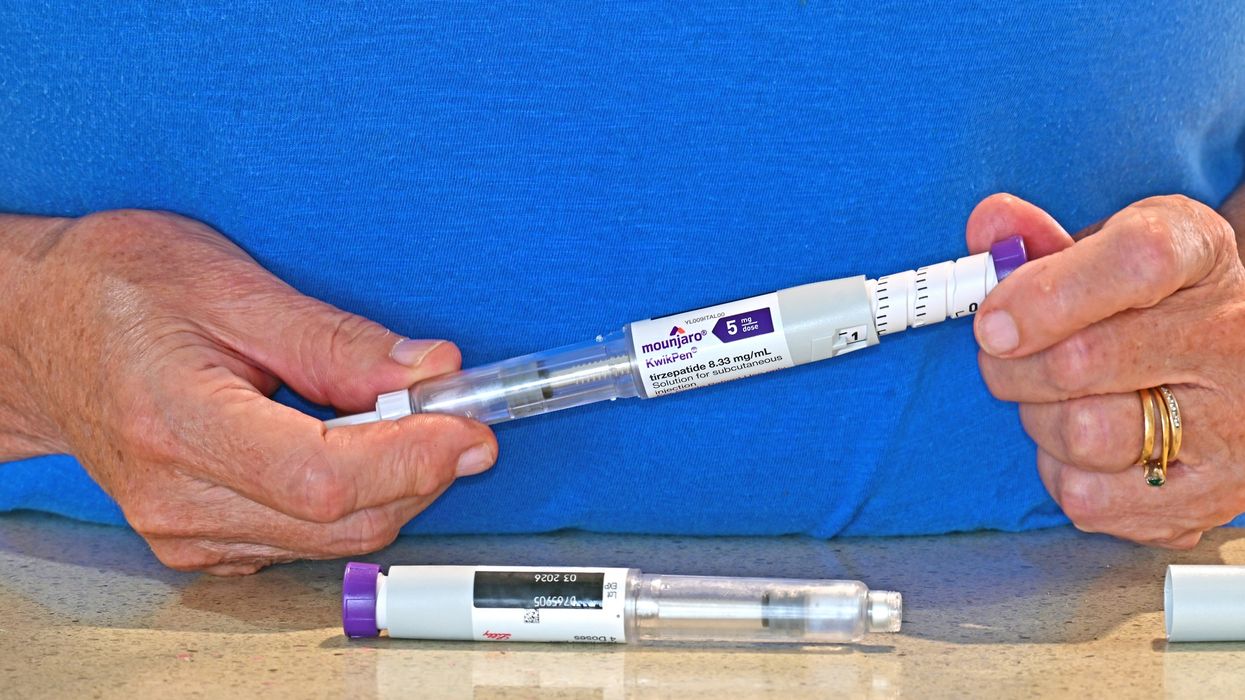Highlights:
- Eli Lilly had announced a steep price rise of up to 170% for Mounjaro.
- A new discount deal with UK suppliers will limit the increase for patients.
- Pharmacies will still apply a mark-up, but consumer costs are expected to rise less than initially feared.
- NHS pricing remains unaffected due to separate arrangements.
Eli Lilly has agreed a discounted supply deal for its weight-loss drug Mounjaro, easing fears of a sharp rise in costs for UK patients. The new arrangement means that, from September, pharmacies and private services will face smaller wholesale increases than first expected, limiting the impact on consumers.
Why the price rise was announced
Earlier this month, Eli Lilly said it would raise Mounjaro’s list price by as much as 170%, which could have pushed the highest monthly dose from £122 to £330. The company argued that UK pricing needed to align more closely with higher costs in Europe and the United States.
Discount deal for UK suppliers
The revised agreement will see the top-dose price set at £247.50 for suppliers. While pharmacies and private providers will still add their own margins, the increase for patients is now likely to remain under 50% for higher doses, and even lower for smaller doses.
Eli Lilly confirmed:
“We are working with private providers on commercial arrangements to maintain affordability and expect these to be passed onto patients when the change is effective on 1 September.”
Impact on consumers
Around 1.5 million people in the UK are currently on weight-loss drugs, with more than half using Mounjaro. Most of these patients—around 90%—pay privately through online services or high street pharmacies.
Prices vary between providers, depending on the level of lifestyle and dietary support offered alongside the injections.
Olivier Picard of the National Pharmacy Association said:
“This rebate will mitigate some of the impact of the increase, but patients should still anticipate seeing a rise in prices from 1 September.”
NHS pricing unchanged
The deal does not affect the NHS, which has secured its own heavily-discounted price for patients prescribed the weekly injection.
Mounjaro works by helping patients feel fuller for longer, reducing food intake and supporting weight loss of up to 20% of body weight.





